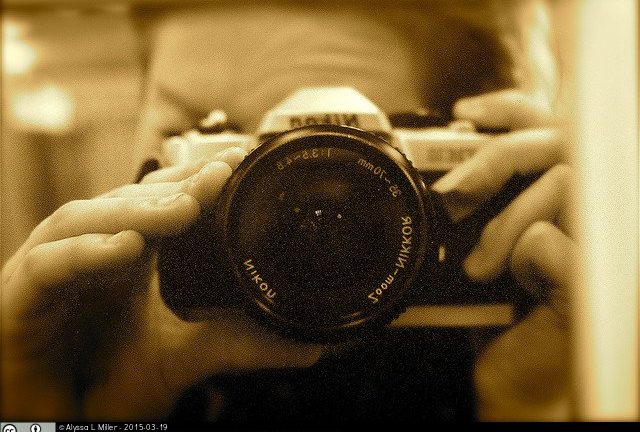If a picture tells a thousand words and you have to prepare a presentation or a poster for an assignment, a great way to increase the impact is to use images to illustrate your points and add a little visual flair… By Helen Curtis
Images can be really effective in engaging your audience and can also be informative, saving your presentation from text overload. Well it’s easy enough to find an image right? A quick online search and I can find any number of images and some of them aren’t even of cats! But you want a good quality image and you will want to know that it’s ok to use it in a piece of academic work. And you will need to cite the images correctly for top marks and to give the appropriate credit to the creator. But don’t be put off by this bit as there are plenty of useful tools available to you.
The Library has a number of databases and links to web resources that contain images and we have handily grouped them together for you. What’s great about these resources is that the images are high quality, they include all of the information you need to reference the image, and they will usually be cleared for non-commercial, educational use which means you can use them in your presentations and other academic work without worrying about copyright restrictions. You should always check the individual image and the licence information but generally you’ll be all set.
These are a mix of resources to meet most of your image hunting desires. For the artsy stuff there are dedicated image databases such as ARTStor and CAMIO. ARTStor contains over 1.8 million images covering the arts, architecture, humanities, and social sciences. You can export the high quality images for use in presentations in any software you want to use. CAMIO is an online collection of works of art from around the world from prominent museums.
The Media Plus contains images alongside other multimedia including video and audio. These images are mostly social history so particularly good for people and places. If it’s medical images you’re after, there’s OPENi, and for the historical aspects of medicine try Wellcome images ‘illness and wellness’ category. Getty is a huge image site containing 35 million photos with cat pictures only featuring in around 72000 of them! Brimming with stock and editorial images it’s brilliant for news, sporting events and entertainment. As long as you use Getty’s embedding tool, which inserts image credits automatically you can use the images for non-commercial use in your work or on social media sites. In addition there’s Getty Open Content Images – a search gateway to all of Getty’s cultural collections in the public domain.
 You can of course find images from a search engine such as Google or the popular photo sharing site Flickr. A simple way to limit your search on these resources is to filter your results to only include images that have been licenced for reuse or sharing (read more about creative commons). On a Google image search go to your settings and change the ‘usage rights’ section. On Flickr check the advanced search options to search for creative commons licenced content. Even better you can go straight to Flickr’s the Commons site which brings together photographs from the public archives from around the world – all without any known copyright restrictions. There’s a detailed guide to finding and using images on Flickr.
You can of course find images from a search engine such as Google or the popular photo sharing site Flickr. A simple way to limit your search on these resources is to filter your results to only include images that have been licenced for reuse or sharing (read more about creative commons). On a Google image search go to your settings and change the ‘usage rights’ section. On Flickr check the advanced search options to search for creative commons licenced content. Even better you can go straight to Flickr’s the Commons site which brings together photographs from the public archives from around the world – all without any known copyright restrictions. There’s a detailed guide to finding and using images on Flickr.
So what about referencing? There are no hard and fast rules about how to cite an online image in a presentation but as a guide it’s helpful to include a text box under the image and include the photographer, year and title of the image. You could then include an image credits section at the end of your presentation with the list of all the image sources in your presentation with the full source details. For a Harvard reference a suitable reference would include:
Photographer (Year of Publication). Title of photograph. Available at: URL (Accessed: date)
Images: WORDS / Pierre Metivier / CC-BY-NC 2.0
Me & My Camera / Alyssa L. Miller / CC-BY 2.0
Like this? Tweet this!
#studyblog
